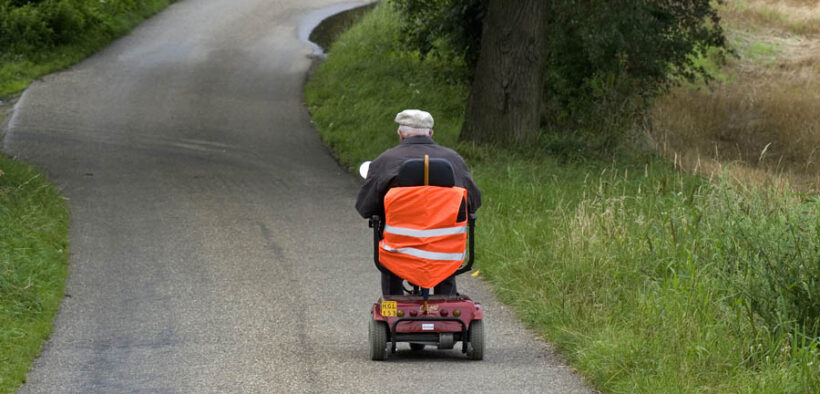Puerto Rico’s aging population hits 770,861 as challenges intensify

An Estudios Técnicos report cites rising poverty, lack of housing and health care needs among older adults.
Puerto Rico is undergoing a demographic shift as its population ages rapidly. According to a new report by Estudios Técnicos Inc., 770,861 residents are now 65 or older — 24% of the island’s total population.
The senior population has grown by about 3% annually since 2010, when adults 65 and older represented only 14.7% of the total.
This trend presents major social and economic challenges. The report notes that 39.2% of seniors in Puerto Rico live below the poverty line. Among seniors living alone, the poverty rate rises to 57.9%. Disabilities are also widespread in this demographic, with 48.8% of older adults reporting at least one impairment, compared to 22.8% in the general population.
The median household income for seniors is $20,859 — well below the islandwide median of $25,096. Social Security is the main source of income for 87.4% of elderly residents. In addition, 46.9% receive Nutrition Assistance Program (PAN) benefits, and 24.7% rely on pensions or retirement funds.
Housing is another area of concern. More than one in four seniors (26.1%) live alone, placing them at higher risk of financial or social vulnerability. Among homeowners age 65 and up, 25.7% spend more than 30% of their income on housing costs — a level considered financially burdensome. The rate is higher among renters, with 53.4% of elderly renters exceeding that threshold.
Health and social service systems are struggling to keep up with the pace of demographic change, the report warns.
“The systems and services for social support, health care and assistance have not evolved at the necessary pace to address this new reality,” the report states.
Despite challenges, opportunities arise
Still, the analysis identifies policy opportunities. Estudios Técnicos calls for a comprehensive aging strategy focused on social justice, economic security, accessible health care and safe housing. It recommends expanding health care access, supporting community networks, and investing in age-friendly infrastructure and preventive care.
“Puerto Rico must adapt its public policies to the realities of an aging population,” the document asserts.
As the island’s population continues to age, Estudios Técnicos emphasizes the urgency of coordinated action among public agencies, nonprofits and the private sector. The aging trend is expected to accelerate in the coming years, with broad implications for Puerto Rico’s economy, health care system and long-term planning.












